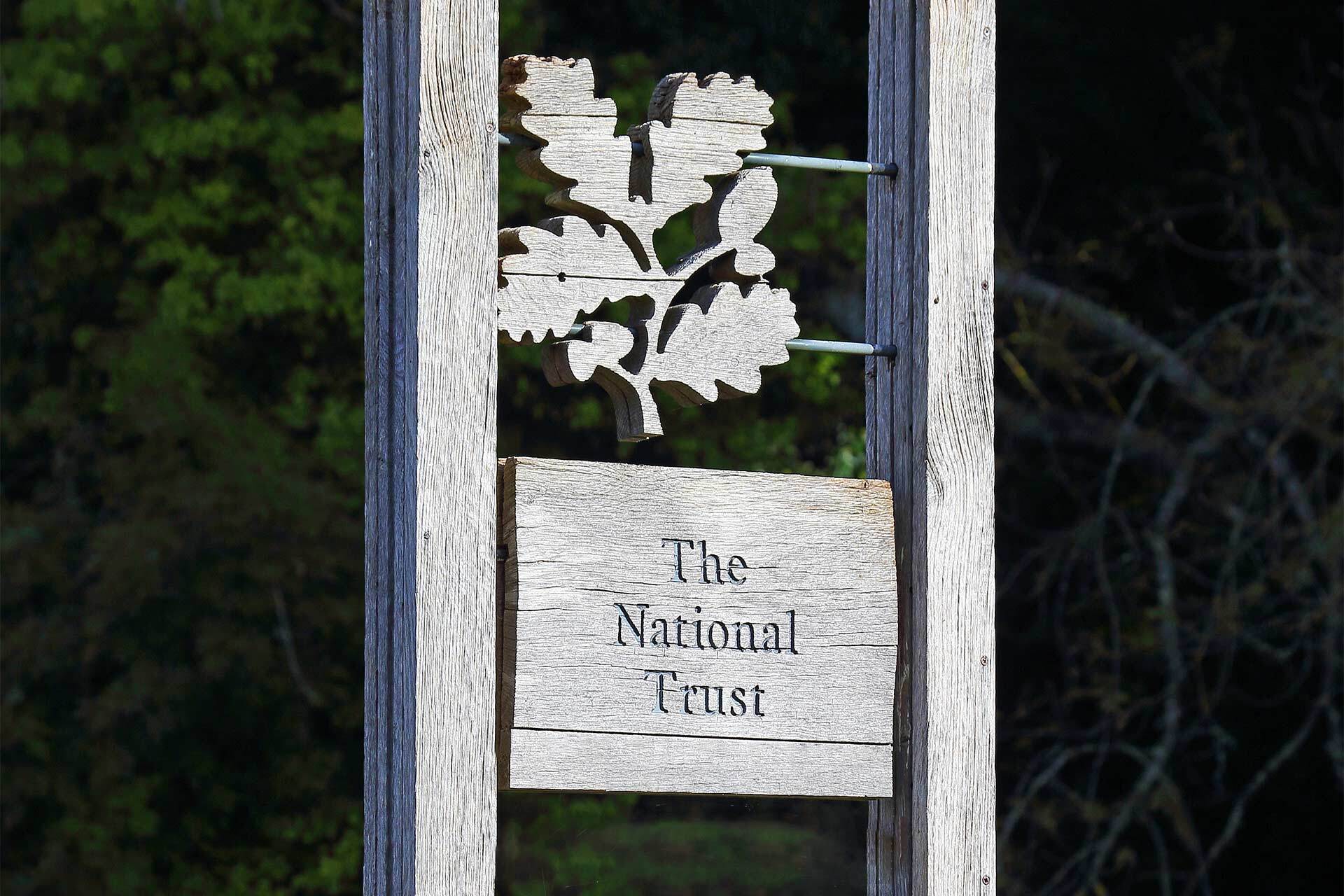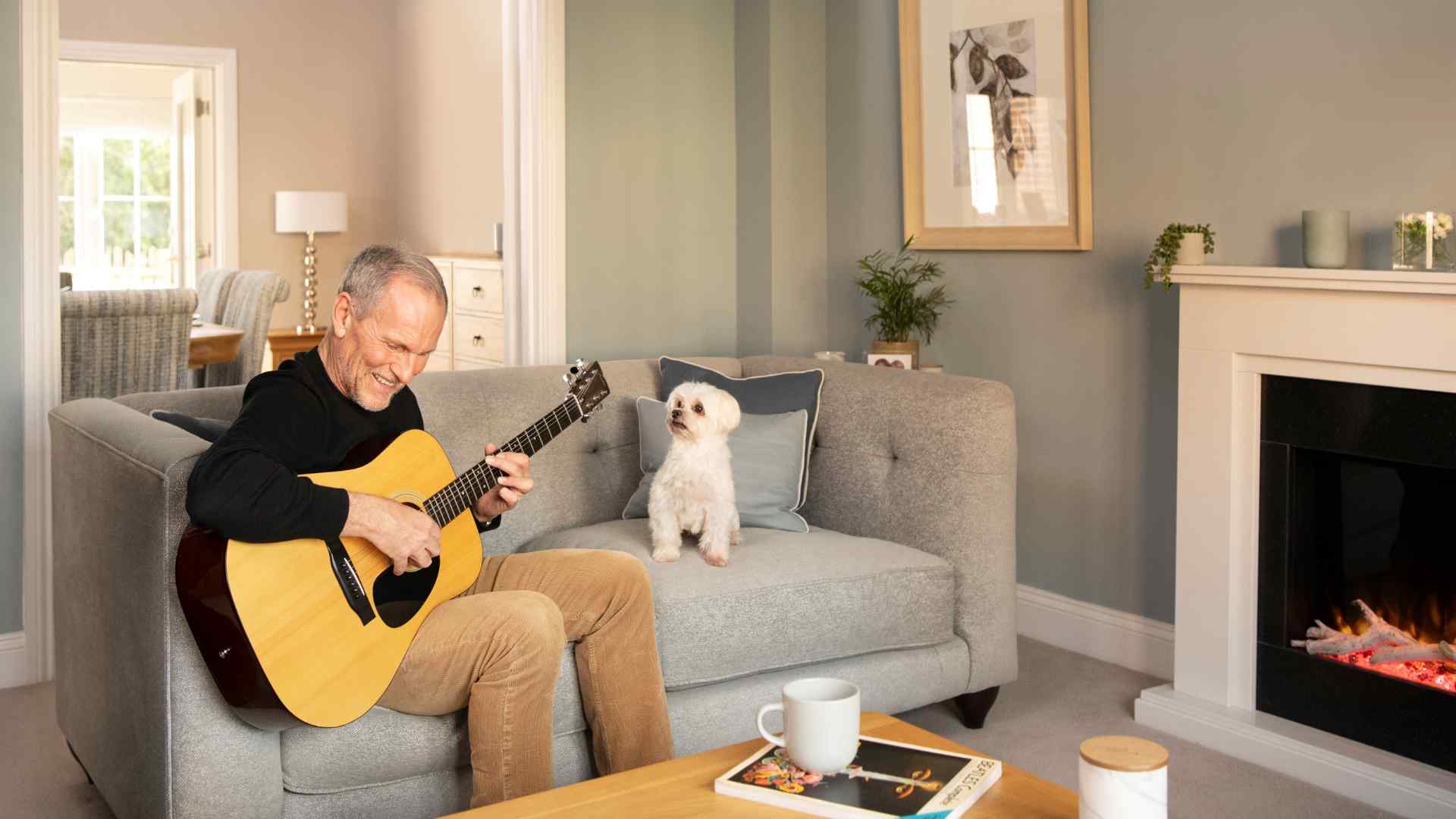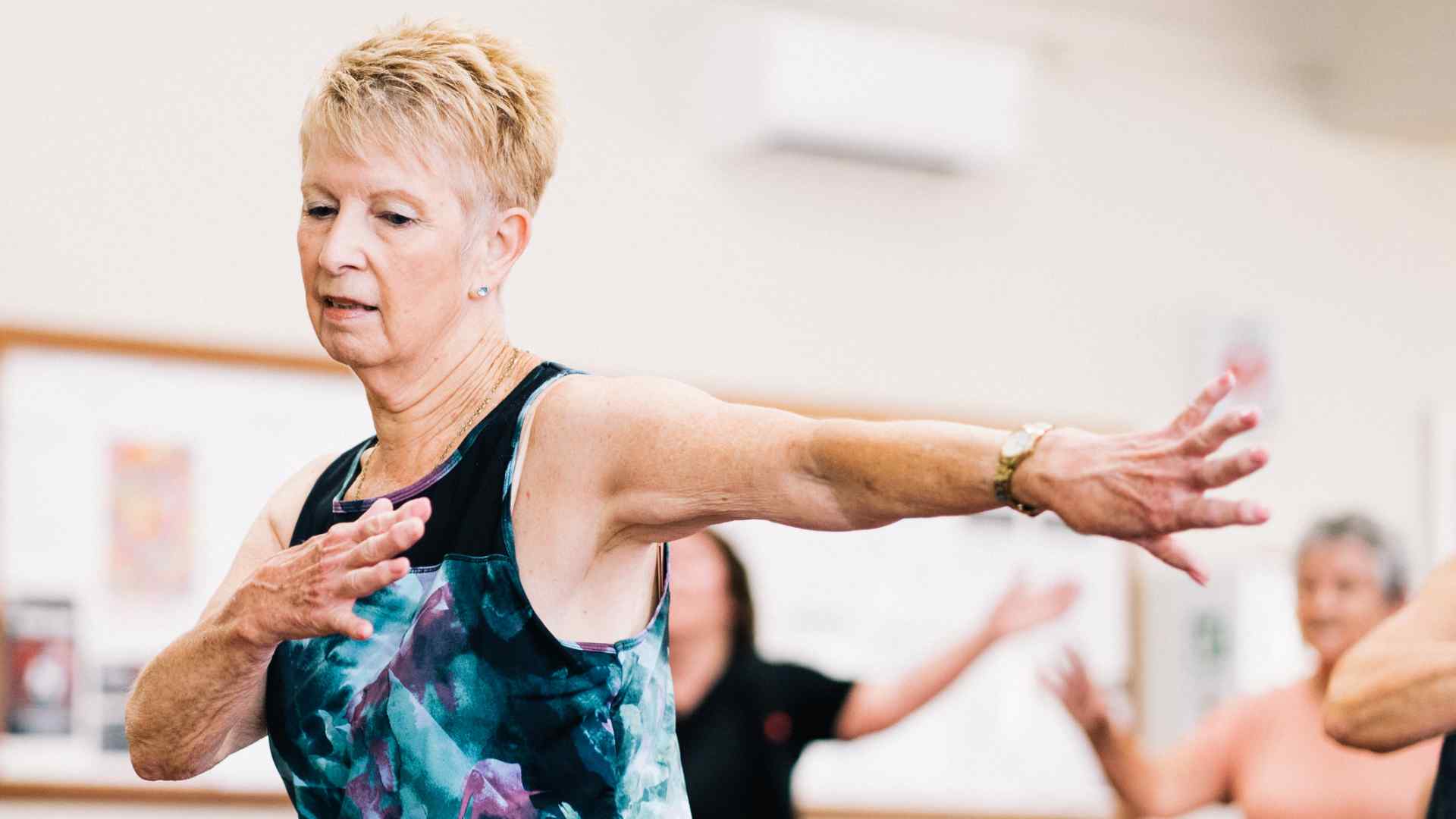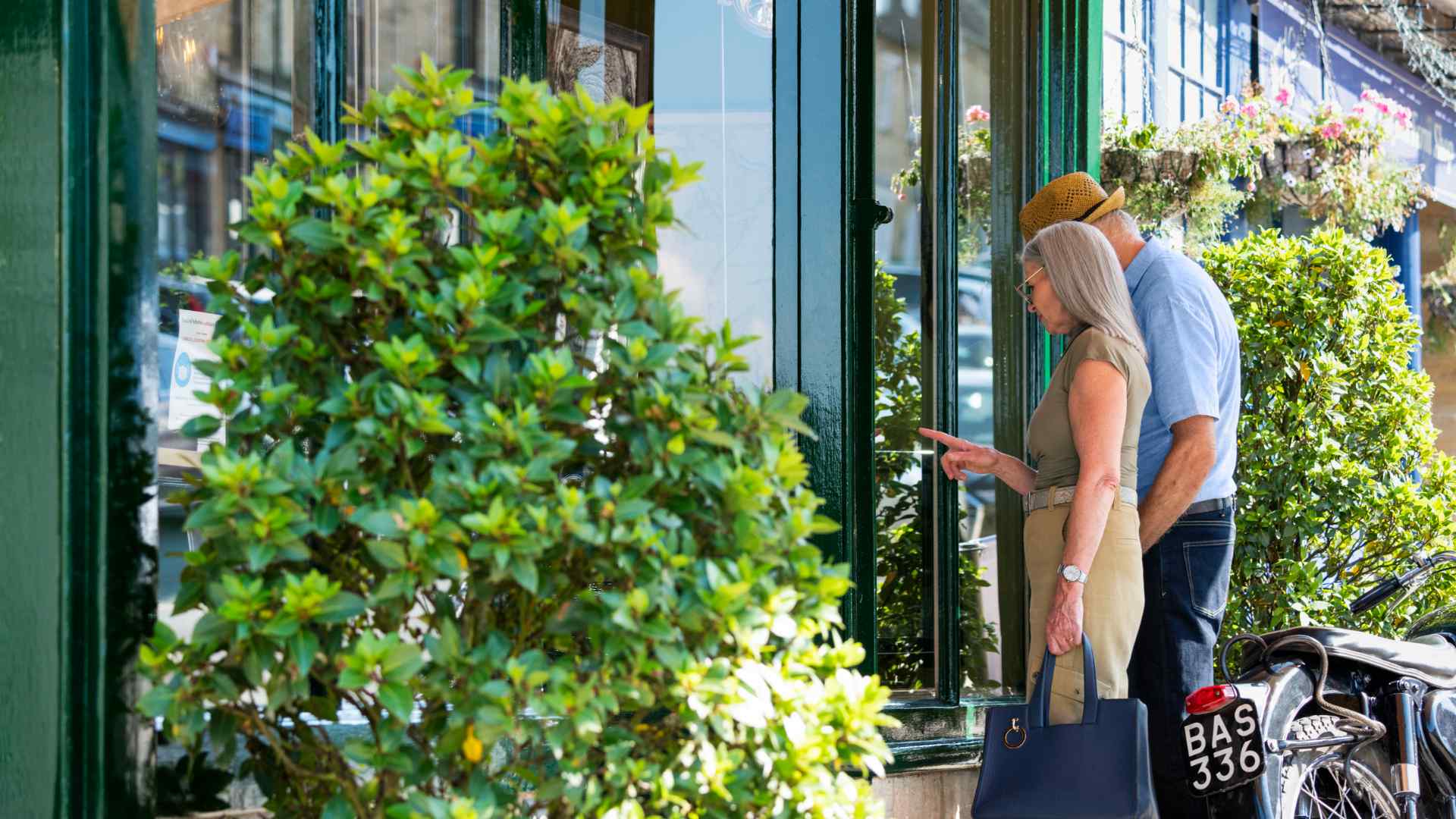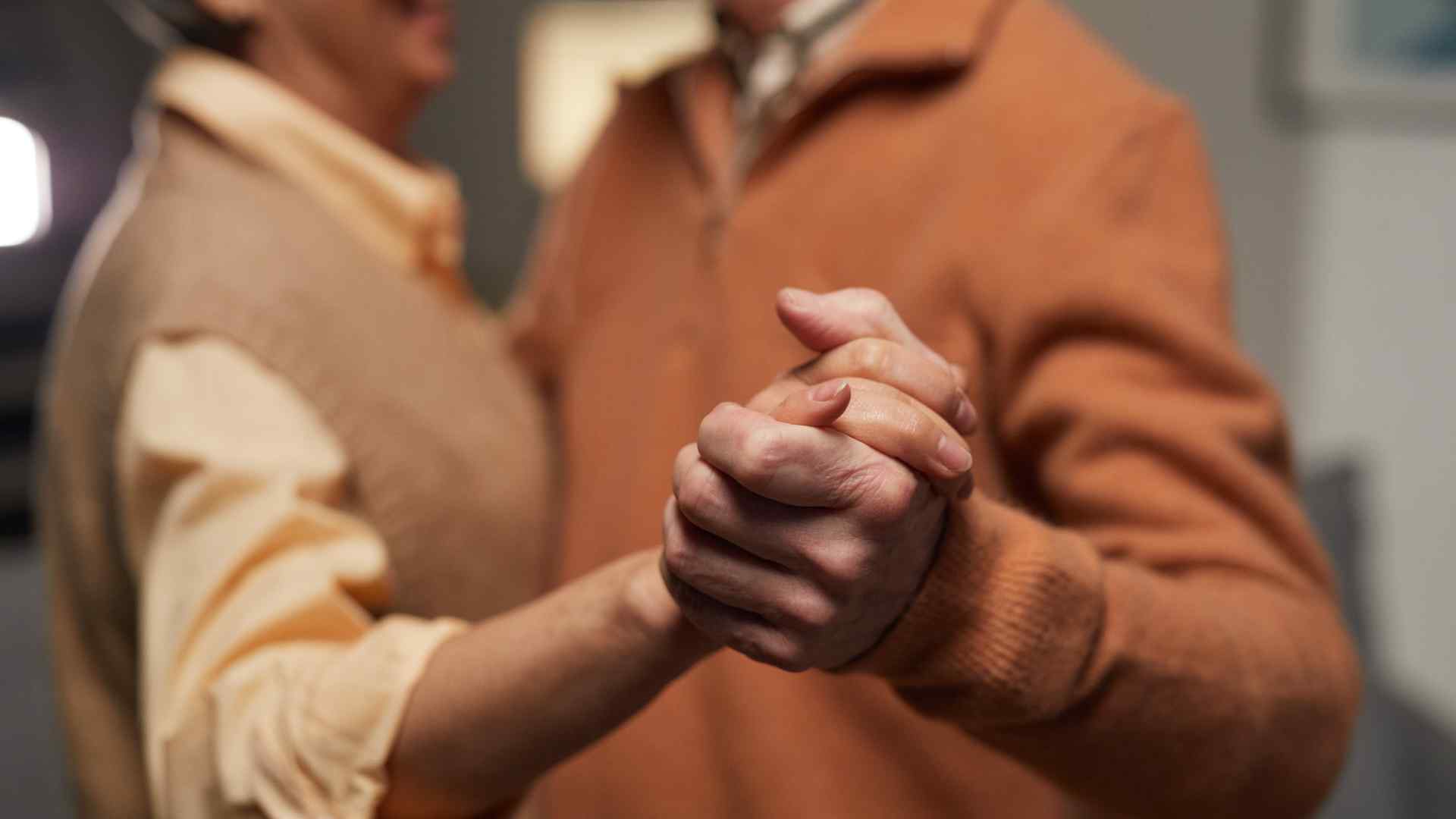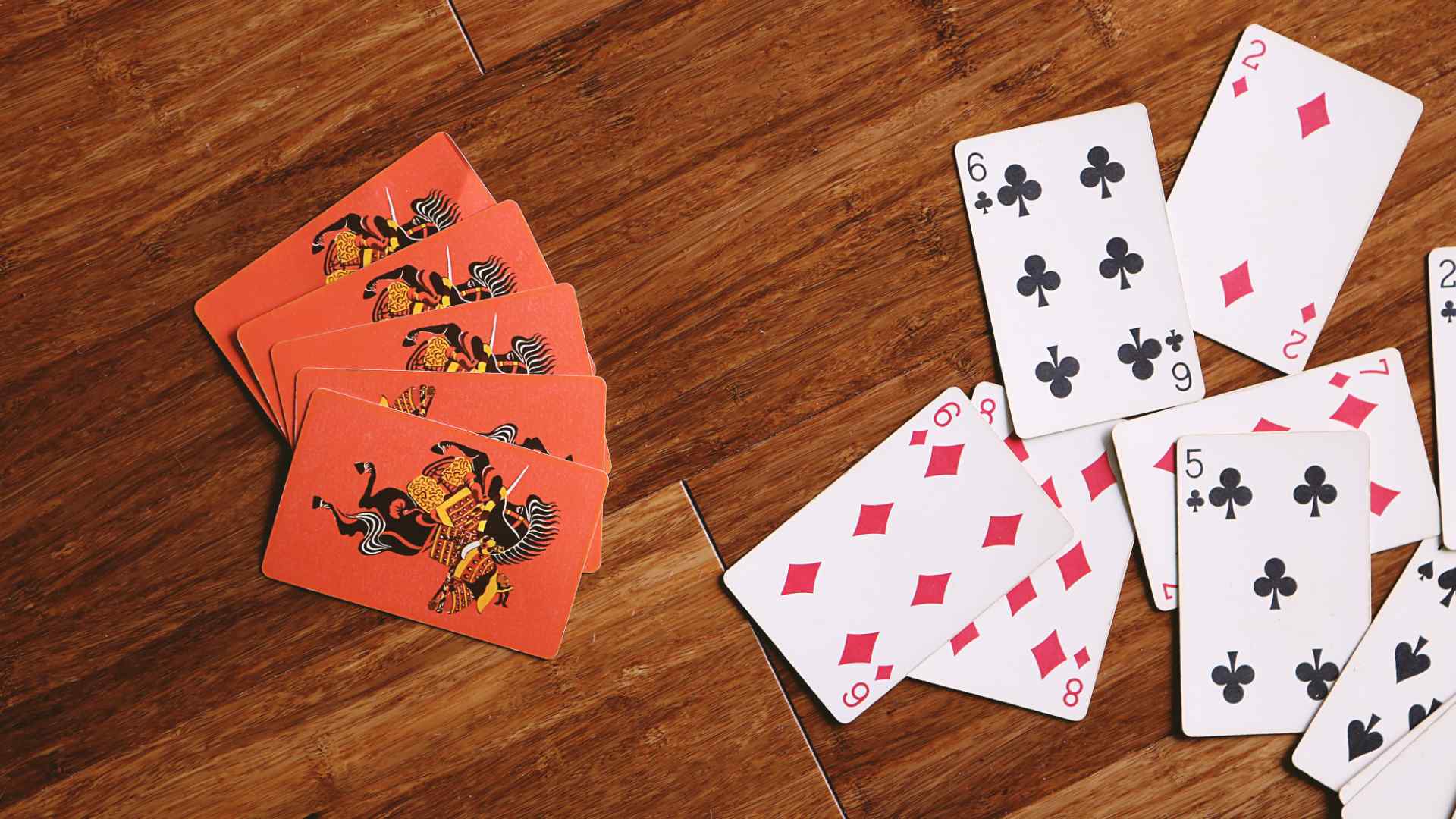


If you’ve worked for decades with little time to spend on your favourite hobbies, the freedom that comes with retirement can be very liberating. For some people, however, boredom can soon set in – or there can be so much leisure time to fill, that you end up not doing anything specific.
The Age UK Index of Wellbeing in Later Life* reveals that, in terms of well-being in later life, the activities with the most positive impact are creative and cultural activities, physical activities and mental skills.
Engaging in these activities can contribute more than 20% to our wellbeing in later life. What’s more choosing to participate in classes or groups can provide structure and routine to life, post-retirement, widen our social circles and bring a sense of achievement. But what type of activities are best?
If you love historic houses and are fascinated by the past, consider volunteering as a tour guide. Organisations such as the National Trust and some of the historic churches are always looking for Room Guides, Conservation Assistants and Storytellers.
Room Guides have a vital role to play in bringing National Trust places to life. You inspire visitors and help them learn more about the house, the collections and the families who lived there. Room Guides also play a valuable part in safeguarding the interiors and visitors in the event of an emergency. All you need is to be friendly and enthusiastic, enjoy meeting people and working in a team and be keen to learn about the property.
There’s a whole range of volunteering opportunities including becoming a countryside ranger, giving talks or even engaging in lavender topiary.
Find out how to volunteer with the National Trust here.
If you’ve always wanted to play an instrument, whether that’s the guitar or the piano, when you’ve retired you’ll have the time to learn.
Playing an instrument brings a whole host of health benefits. It’s good for memory retention, reduces stress, encourages creativity, helps exercise muscles and can be great fun.
Once you’re proficient, you might be interested in joining a band or performing at open mic nights – whatever you do, you’ll be spending time with people who enjoy the same type of music.
If you enjoy singing, you’ll find a community choir, a folk group, a madrigal group or something similar in your area.
Joining a choir or a music group is also sociable, so you may discover a whole new social circle. There are thousands of amateur music groups across the UK – if you visit www.makingmusic.org.uk you can search for the nearest music group near your postcode.
As children, we’re all creative and starting to paint or draw when you’re retired can open up a whole new world – especially if you thought that you couldn’t express yourself artistically.
There are art classes, painting and drawing, but there are also lots of teach yourself books on the market. Engaging in the arts can be very calming, reducing street and improving cognition.
Class Bento has a range of vibrant art classes across the UK. If you enjoy art, but don’t feel like painting yourself, research art appreciation classes which will give you a new perspective on works of art.
Yoga, Pilates and Tai Chi all strengthen the body evenly, emphasising core strength to improve general fitness and flexibility. If you’re quite fit and don’t want something quite so sedate try senior karate, judo or fencing.
There are plenty of classes and activities for the over 50s including specialist fitness classes, bowls and walking football – but many over 50s and over 60s are fitter and more committed to exercise than their younger counterparts – after all, we have time to devote to fitness.
Another benefit is if you’re retired and available during the day, you could benefit from off-peak gym membership. Swimming, golf and tennis, walking and cycling are all great ways of keeping fit as is walking or cycling.
So many of us never really explore our local area and you might discover somewhere really special close to home: a forgotten footpath, hidden woodlands, beautiful river walk or cross-country trail.
One of the best ways to discover new beauty spots is to join a local walking group and you’ll be able to socialise whilst enjoying fresh air and exercise.
One of the better-known groups is The Ramblers, Britain’s walking charity which aims to open the way for everyone to enjoy the simple pleasures of walking and to protect the places we all love to walk. Visit their website to find a local rambling group or a tried and tested walking route.
Research has shown that dancing is excellent, not only for the body but for the mind because learning steps challenges the brain.
There are plenty of classes for solo dancers – from salsa to ballroom and Latin. Some modern dance-fitness classes such as Fitsteps FAB are inspired by television’s ‘Strictly’ and provide easy to learn routines and low impact options for those who are less fit or less agile.
Find a class near you here: https://fitsteps.co.uk/pages/find-a-class.
Mental activities are anything that keeps the mind sharp – which is important as we age.
For activities to be effective in maintaining or improving our thinking skills, however, they need to challenge us in new ways so we need to do things that we’ve never done before to get the most benefit. If you’re looking to learn something new, the U3A is an excellent organisation – find out more about the University of the Third Age in our blog. This is a collection of over 1,000 groups that run local and online member-led learning for those no longer in full-time retirement. The courses and groups on offer vary according to area but vary from cryptic crosswords to card games and from cookery to languages – and everything in between.
We know you value your independence but with a community of like-minded neighbours, you’ll have convivial company on hand and the opportunity to forge firm and lasting friendships.
Find your retirement community29 May 2025
There are at least 12 different terms to describe retirement housing including extra care housing, housing with care, independent…
Read more9 May 2025
If you enjoy travelling within the UK, there are plenty of financial benefits related to retirement. It’s easy to leave the car…
Read more7 April 2025
From beautiful landscapes to excellent transport links, Kent offers the best of both worlds - convenience and charm - along with…
Read more